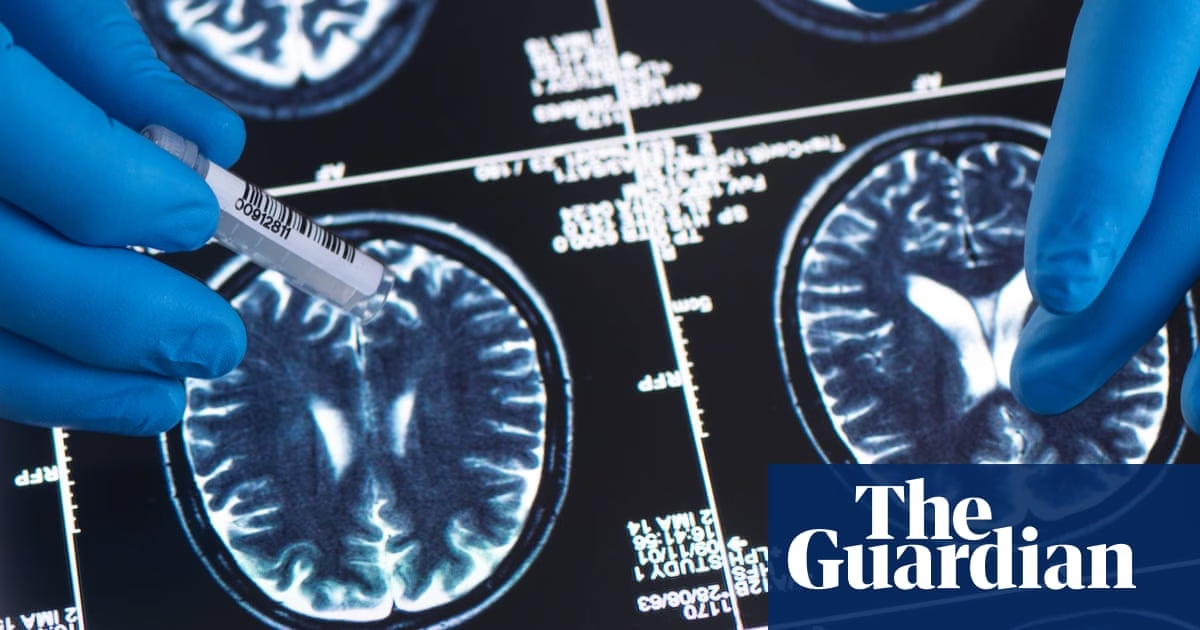A novel approach to diagnosing brain tumours may significantly decrease the waiting time for patients to receive treatments from weeks to mere hours, while also paving the way for new therapeutic options. The Brain Tumour Charity reports that approximately 740,000 individuals globally are diagnosed with brain tumours annually, with half of these being non-cancerous. Upon the discovery of a brain tumour, a tissue sample is typically analyzed by pathologists during surgery. Nonetheless, genetic testing is crucial for making or confirming the diagnosis.
Prof Matthew Loose, co-author of the research from the University of Nottingham, noted that in the UK, there can be an eight-week delay or more between surgery and the full genetic test results. This delay can postpone the confirmation of diagnosis and subsequent treatments such as chemotherapy. To address this issue, the team employed nanopore technology, which utilizes devices containing membranes with numerous tiny pores. The pores generate electric currents that are disrupted when DNA passes through them, allowing for the sequencing of DNA. This process matches the sequences to various types of brain tumours using specialized software.
Loose explained that the procedure is cost-effective, comparable to current genetic testing at approximately £400 per sample. Initial trials on pre-existing patient samples, followed by tests on samples taken as they were removed, demonstrated that 80% and 90% of the samples, respectively, were accurately classified within 24 hours, matching the success rates of traditional methods. Moreover, 76% of prospectively collected samples were confidently classified within one hour, potentially reducing the time from sample removal to availability of results to just two hours.
While the primary goal is to ensure diagnostic information is available when the medical team next discusses the patient’s case, the rapid results could also inform on the necessity for more aggressive surgery or the potential benefits of surgery. Additionally, quick diagnoses could fast track enrollment into relevant clinical trials for new treatments. Dr. Matt Williams, a consultant oncologist not involved in the study, acknowledged the significance of faster diagnoses in reducing patient uncertainty but emphasized the need to explore how this technology could lead to improved patient care, especially regarding intra-operative treatments.
Source: https://www.theguardian.com/science/2025/may/21/brain-tumour-diagnosis-could-be-made-within-hours-say-researchers






